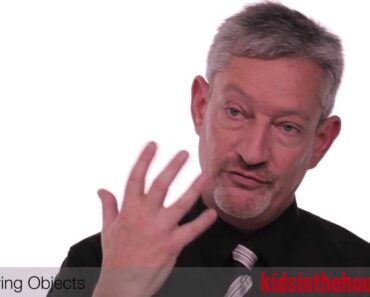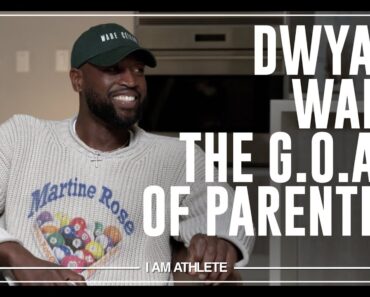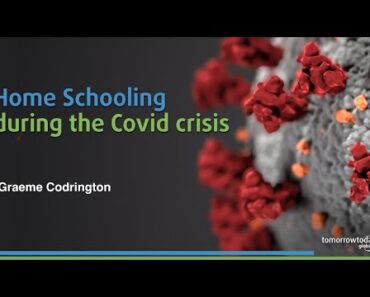We love making babies laugh and sometimes try tickling them. While some babies may giggle on being tickled, it can be hard to tell if the baby likes it. Not everyone enjoys being tickled, and it is the same with babies. However, in cases of babies, their limited language skills make it difficult for them to communicate if they like or dislike being tickled.
Does it mean that we should never tickle babies? Read on to know about whether you can tickle babies, when do babies understand tickling, and alternative ways to make the baby laugh.
When Can You Tickle A Baby?
There is no fixed age to begin tickling your baby. As a general rule, it is best to try tickling your baby after they are six months old. It is the age when babies usually develop the ability to make sounds to express happiness or discomfort (1). A six-month-old is likely to voice their displeasure of being tickled if they don’t like it.
When Do Babies Understand Tickling?
It is not precisely known whether babies understand tickling and at what age they begin to develop a sense of it. Research indicates that babies are quite sensitive to touch up to the age of six months and can accurately tell the spot being touched on their bodies (2). This sensitivity gradually fades away after the age of six months, and a touch, such as a tickle, may not cause a sensory overload.
Younger babies are sensitive to touch, but they only register it as an elemental touch and cannot associate it with a tickle. Once older than six months, babies may better perceive a touch as a tickle and associate it with fun or laughter.
How To Tell If The Baby Dislikes Being Tickled?
A baby older than six months who dislikes being tickled is likely to display the following expressions and signs of displeasure when being tickled.
- Grimace and teary-eyed
- Sounds of displeasure
- Pushes hand away
- Tries to roll away
- Older babies may crawl away when tickled
Some babies may find tickling painful. Also, forceful laughter induced by tickling may cause some babies to gasp for air. In such cases, you may notice the baby breathing heavily or gasping for air after being tickled.
When To Avoid Tickling The Baby?
It is best to avoid tickling a baby in the following scenarios.
- Sickness or disease
- During and after feeding
- Baby is drowsy or sleepy
- Sleep
- Baby’s attention is preoccupied with something else
You must preferably avoid tickling the baby if they have a medical condition or have a physical limitation that affects their ability to communicate.
Impact Of Tickling On The Brain
Tickling is a complex sensory reaction to touch. The following are some general effects of tickling on the brain of human beings (3) (4).
- Tickling is usually a touch with an element of surprise. Our brains can mostly predict the response to a sensation and can suppress it. However, when it comes to tickle, it is hard for the brain to predict the response, thus leading to the sensation of being tickled.
- When we attempt to tickle ourselves, there is no element of surprise. It is the reason why we usually cannot tickle ourselves.
- Tickling is believed to be a defense mechanism similar to pain or itch. It may serve the purpose of alerting the person. It is probably the reason why some individuals find tickling uncomfortable or painful.
- The skin over the belly, under the arms, and soles of the feet is usually the most sensitive to tickle in most persons. These parts of the body are also quite vulnerable. Therefore, from an evolutionary perspective, the nerves evolved to alert the person more quickly when being touched or tickled at these parts of the body.
- The response to a tickle depends on an individual’s sensitivity to touch. Some are more sensitive to touch and quickly respond to even the slightest tickle.
Myths About Tickling
The following are some of the common misconceptions about tickling babies.
- Tickling helps the baby talk: Tickling results in laughter rather than helping the baby learn words. Gentle tickling can be used for physical bonding but cannot stimulate speech.
- Tickling causes stuttering: There is no evidence of tickling being a cause of stuttering. Stuttering could occur in toddlers due to various reasons, including a family history of stuttering (5). If your toddler stutters, consult a pediatrician or pediatric speech therapist.
- Tickling works as an exercise for babies: Tickling causes one to laugh, which burns calories. However, the calories burned are not sufficient enough to warrant tickling to be a form of exercise for babies. Several indoor and outdoor physical activities make for better exercise than tickling.
Other Ways To Make Babies Laugh
If your objective is to make the baby laugh, you may consider the following alternatives to tickling.
- Play peek-a-boo and other games, such as chasing the baby while they crawl. These games could make the baby giggle while also improving their developmental skills.
- Blow bubbles and making funny sounds could make for a fun activity.
- Make funny faces since it often makes babies laugh.
- Make strange voices, such as slurping of liquids or sounds of animals, to elicit laughter.
- Play pretend play with toys by acting out a funny story.
Alternative Ways To Bond With The Baby
You could try the following methods for establishing a secure attachment with your baby (6).
- Massaging with baby oil
- Bathing the baby
- Performing exercises for babies
- Rocking and cuddling
- Reading books
Tickling can make for a fun pass time with your baby, provided they enjoy it. In most cases, tickling is harmless and seldom causes anything more than giggles. The response to tickling varies from one baby to another. If you sense your baby does not like being tickled, you can try other ways to bond with your baby and make them happy.

































